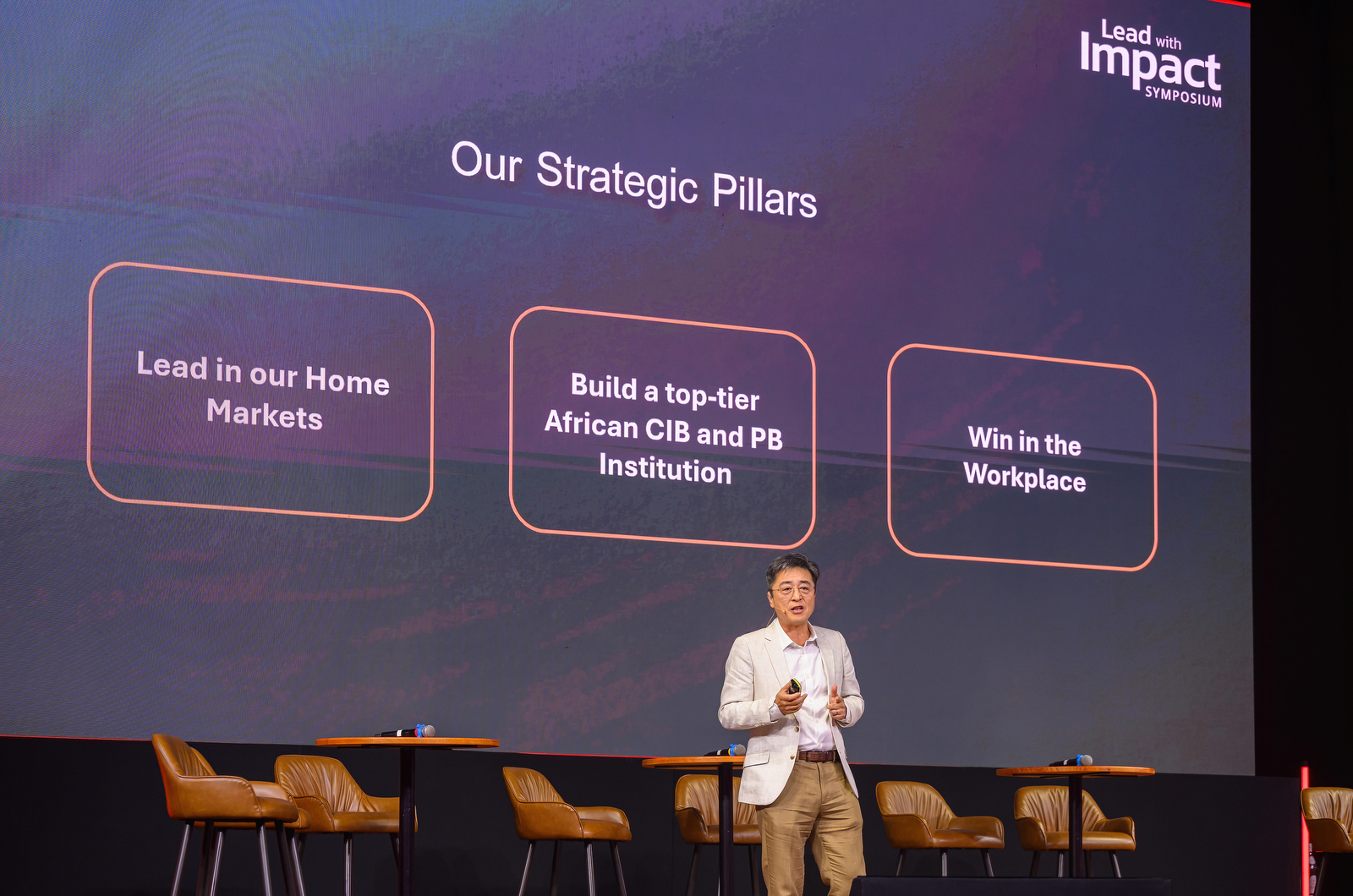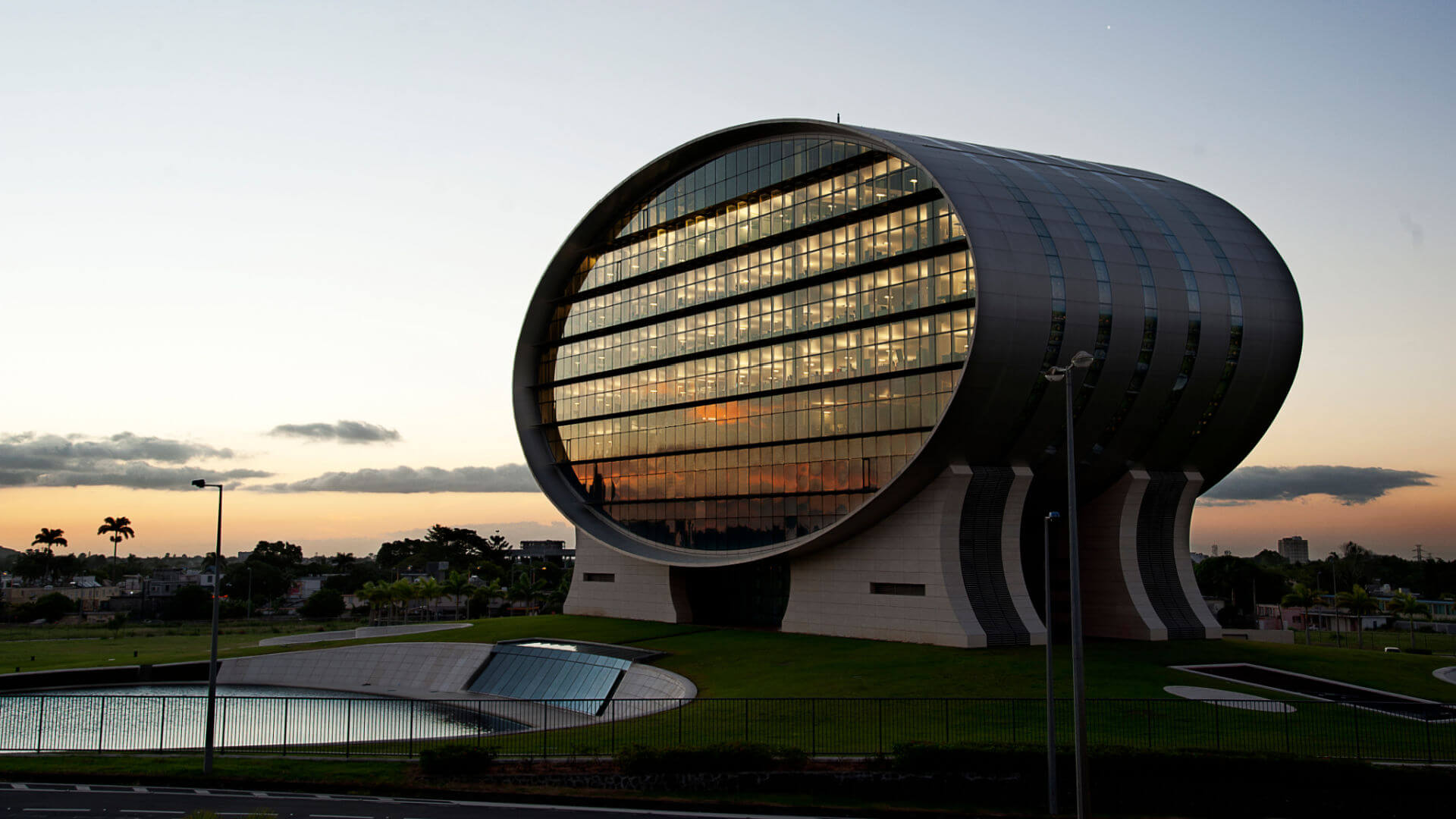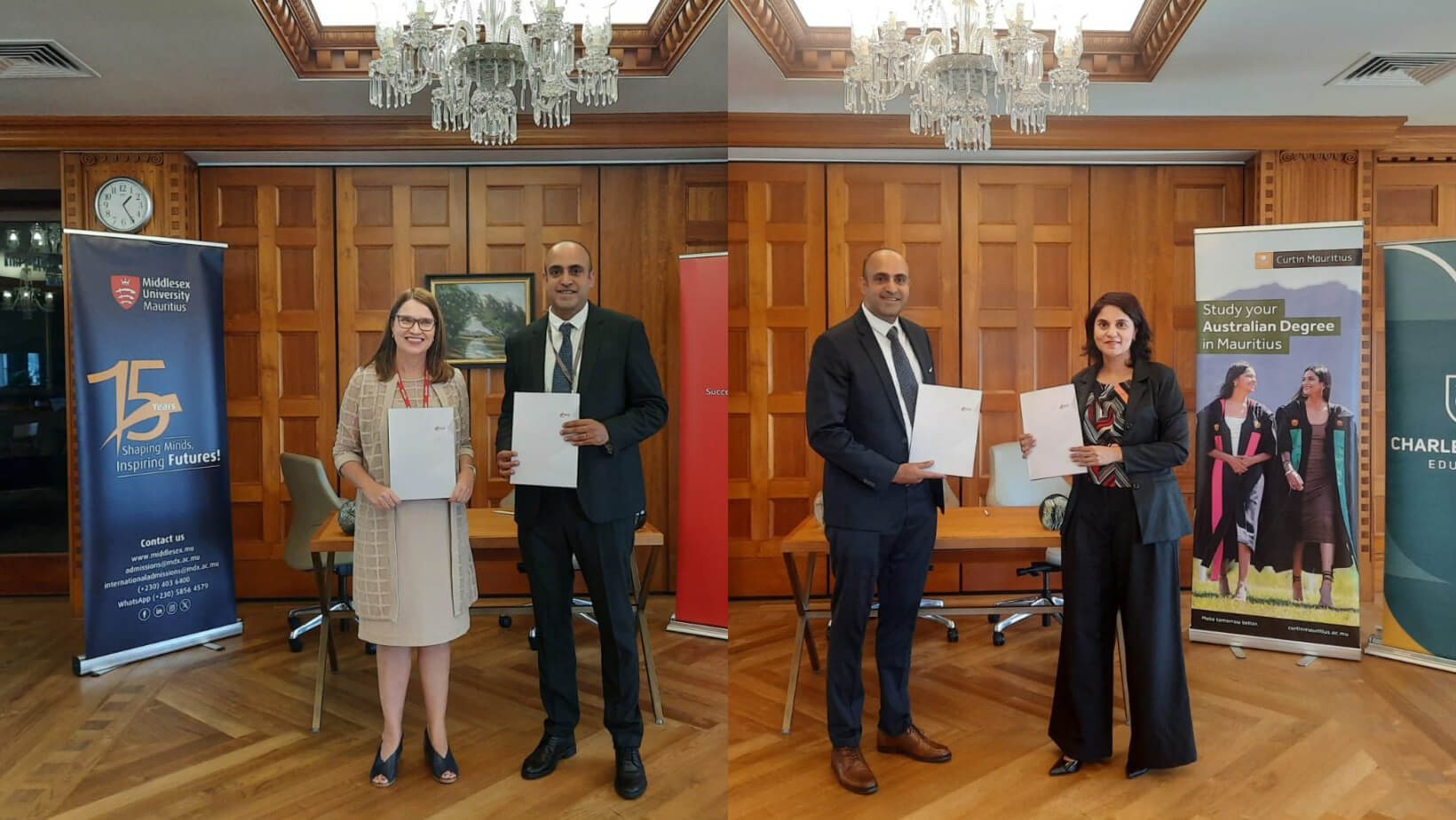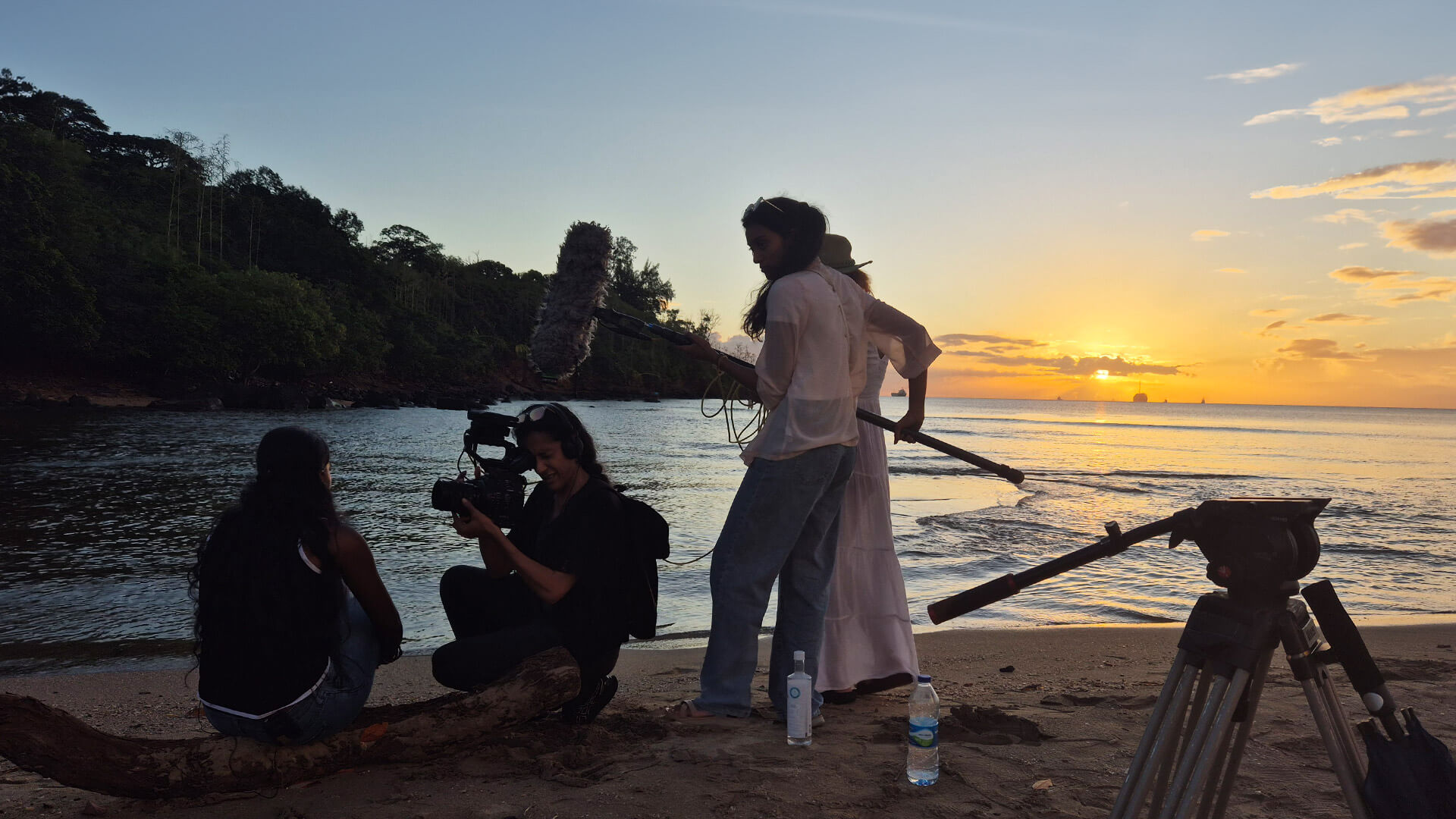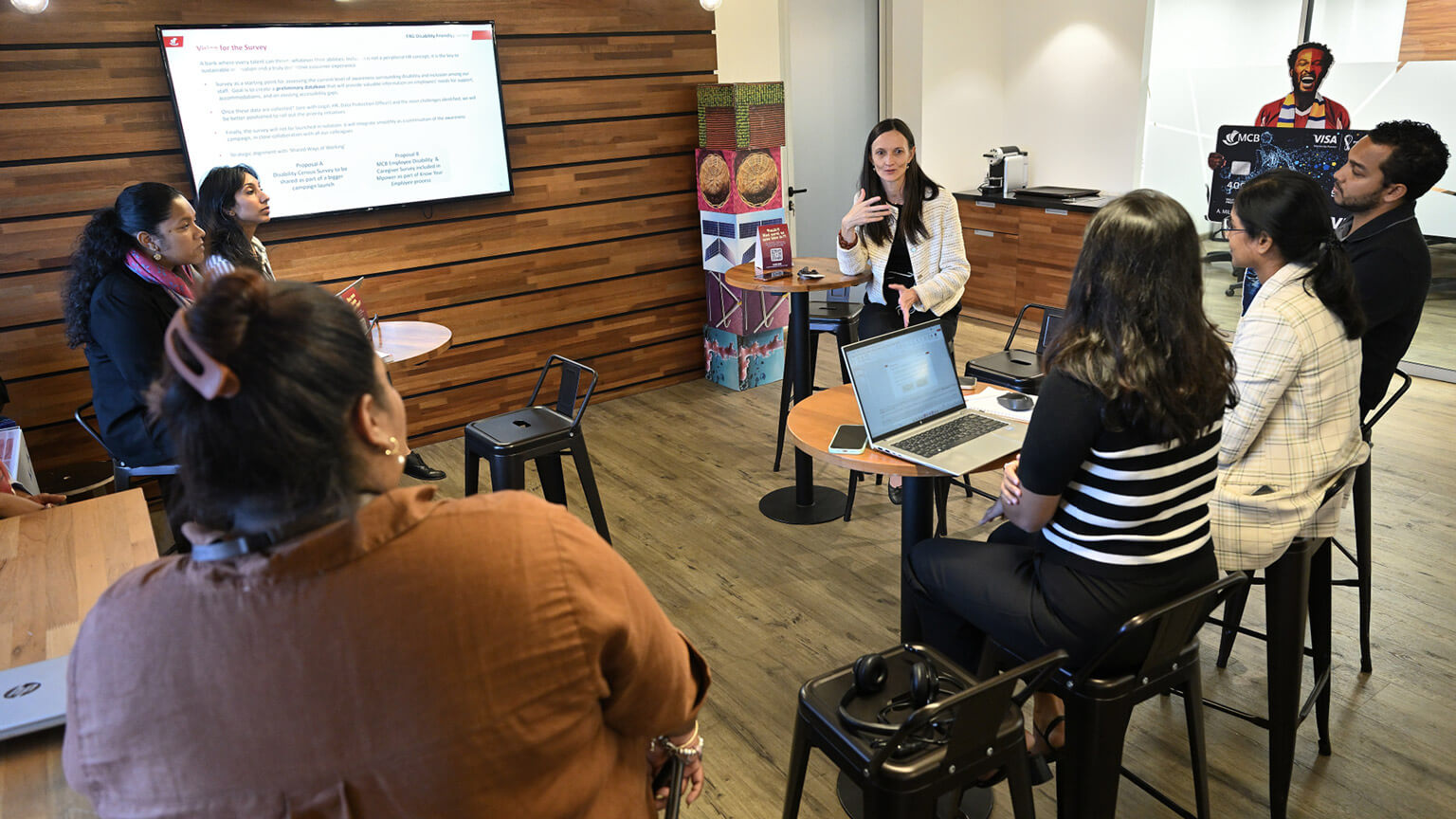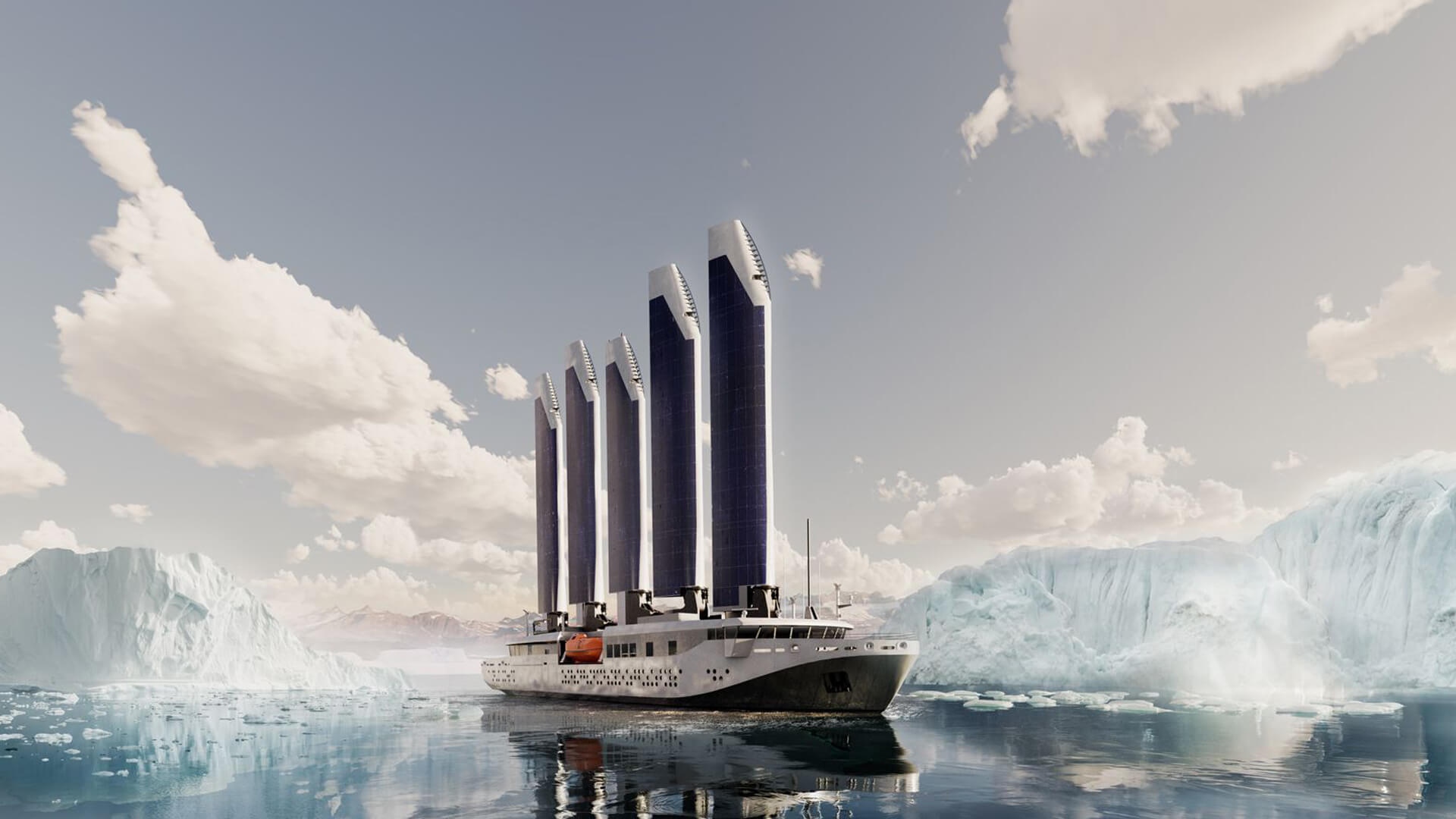- Home
- Investor Centre
- Sustainability
- Talent
- News
- Insights
- TH!NK
- Corporate Governance
- Company Profile
- Board of Directors
- MCB Offices
Contact Info
François Gemenne: “The threat of disinformation is bigger than climate change”
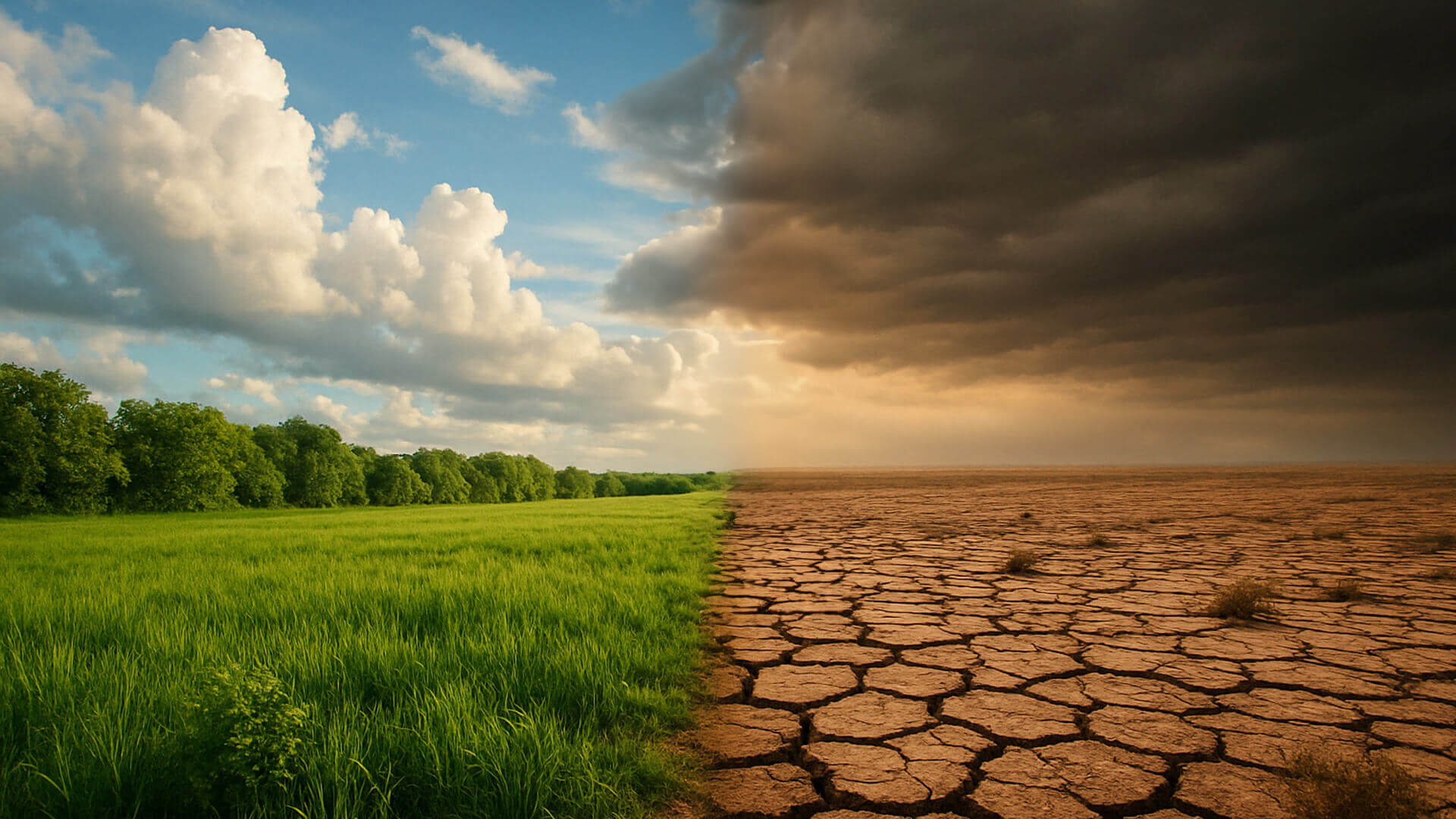
François Gemenne, a member of the Intergovernmental Panel on Climate Change, has likened the current world situation to a third World War, “a moment where the world is completely different before and after”, saying the biggest threat the world faces is currently disinformation.
The vocal proponent of ecological transition was speaking on the MCB Talk podcast during a recent visit to Mauritius, where he coaches students for an annual national climate debate named Deba Klima in the country’s mother tongue, Kreol.

The geopolitical expert believes that the impact of the US policies will be long-lasting and will bring about a profound change “in the world order and in the way we conceive and imagine things”.
Living in different realities
He added that disinformation will then become “the biggest threat facing the world.” When people believe in different versions of the truth, regardless of the facts, “it means we live in different realities, and if we live in different realities, this means we can no longer debate the solution, we can no longer tackle global issues.”
François Gemenne describes the situation as Orwellian, “where words do not matter, where it seems reality does not matter anymore. And that’s the reason why some of the things which we thought would have progressed naturally have come to a complete stop. And that’s the case of the ecological transition, for example.”
Bad news for the climate
He says the US withdrawal from international cooperation is bad news for the fight against Climate Change, as the emissions curve will now be in limbo. This will have a domino effect on other countries’ commitments and ultimately create uncertainty and instability for investors and economic actors regarding investment in the ecological transition. Gemenne adds that any progress in the green transition will now be up to companies and the market, not governments.
Cost of renewables to go down
The expert remains adamant, however, that “whatever will happen in politics, the economy of the 21st century will be more secular and low carbon because renewable energy will be increasingly powerful because their price will decrease and they will become increasingly profitable”, adding that the time to invest in renewable energy is now.
Acknowledging that Africa will still need some fossil fuels in order to meet its development needs and that it is unfair to try to stop the continent from using resources in their own soil, François Gemenne reiterated that it was in the best interest of African countries to invest as much as possible in renewable energy so that they don’t lag behind when technology makes renewable energy more profitable.
The North’s responsibility
Saying Northern countries should abstain from giving lessons to African countries in terms of what they can or can’t do, Gemenne nonetheless said Europe has a responsibility to make the technology transfers and investment available to Africa. “My hope is that we will come to a point in the near future when an African government will have the choice between developing either solar energy or digging and will consider that it’s actually much more profitable to develop solar energy than to dig for coal”, he said.
Extractive activities for technology less harmful than fossil fuels
The geopolitician also said he did not believe the increase in mining activities that will be needed for a low-carbon economy will be too high a price to pay, saying that technology will make it possible to reduce the number of materials needed for batteries in the future. He added that the alternative – drilling for fossil fuels – was worse.
Climate Change is not woke; adaptation is local
François Gemenne warns against the dangers of confusing climate issues with ideological issues, saying it’s important to fight against attempts to make the transition appear as part of wokeism and liberal ideology, as this will keep companies from investing in the transition.
However, if mitigation appears to be a long shot now, adaptation is very local and does not depend on international cooperation. He said the impetus for adaptation needed to come from governments because the business model is different. “When you seek to cut gas emissions, this means investing in renewables, electric vehicles, etc., and there is a return on that investment, which means you can count on the private sector for this. Adaptation is not about the same model because it is more about avoiding future costs. therefore, for that, you will need some kind of public initiative. Adaptation is about avoiding future costs, so there’s a major difference”, he said.
Subscribe to our Email Alerts
Stay up-to-date with our latest releases delivered straight to your inbox.
Contact
Don't hesitate to contact us for additional info
Email alerts
Keep abreast of our financial updates.





